It’s early on Monday morning, and Maggie Hewitt is upbeat. “I actually love Monday mornings,” she confides down the telephone line from her light, airy studio in central Auckland. “I get in to work really early and get started.”
After a few moments of speaking to her, I suspect that Maggie loves Tuesday mornings and most likely Wednesday mornings, too. From the moment she answers the phone, the 26-year-old New Zealand designer is resolutely, relentlessly positive. (“Great question!” she exclaims after my first three questions.)
Perhaps it should come as no surprise. Over the past five years Hewitt has achieved the kind of success that most designers can only dream about. Today, she occupies a unique position in the fashion world, feted for both her fashion credentials and her strict sustainability standards.
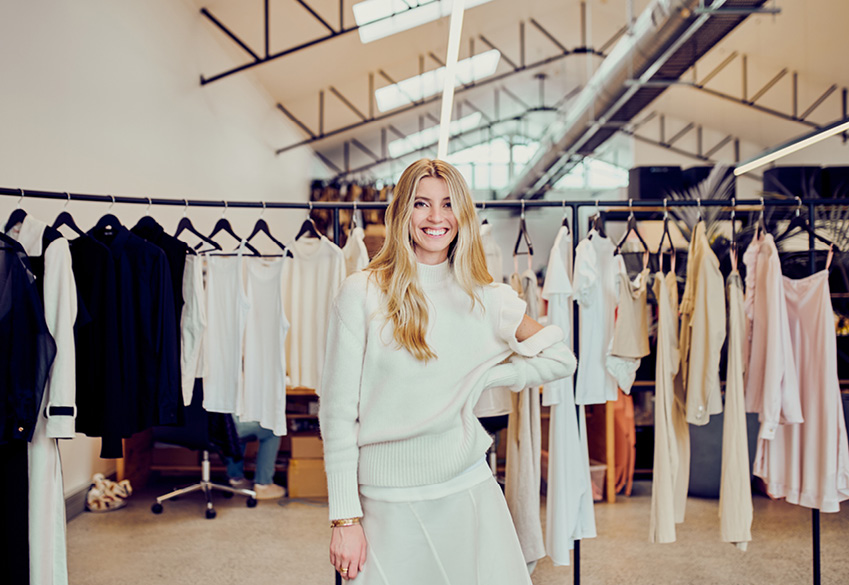

Her ascent to fashion stardom, as British Vogue once observed, has been “lightning fast”. Hewitt graduated from design school in Auckland in 2015, age 21, and just six months later, her debut Maggie Marilyn collection was snapped up by Net-A-Porter. Other major retailers – from Selfridges to Lane Crawford – quickly followed suit, while celebrities from Gigi Hadid to Meghan Markle also fell in love with Hewitt’s whimsical, colourful creations.
But here’s where it gets interesting, because last month, Hewitt walked away from most of this. She removed her collections from department stores and online retailers, and announced she would no longer be delivering traditional, seasonal collections, instead concentrating on timeless staples.
Why?
“I just realised that the values that I started out with were being compromised,” says Hewitt.
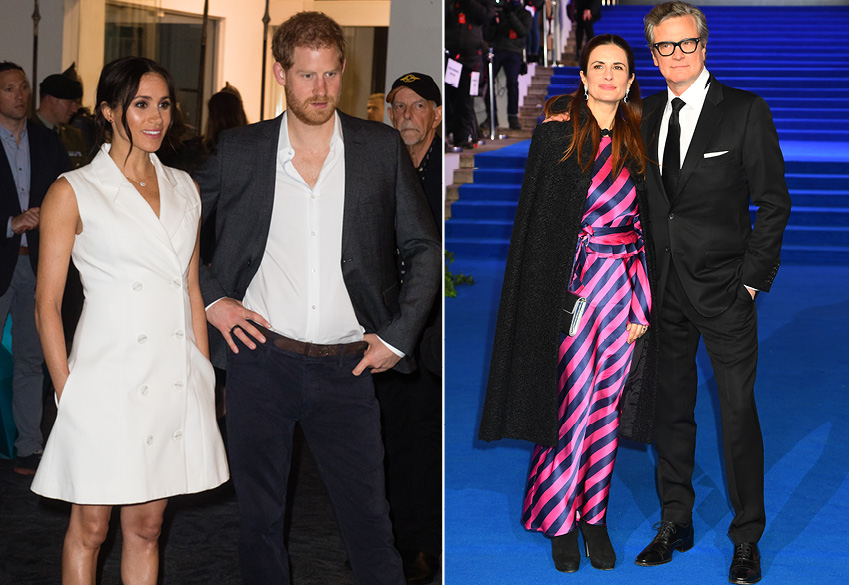

“It’s not that I don’t think it’s amazing when someone incredible [and famous] wears MM,” she continues carefully, at pains not to appear ungrateful for her success to date. “And I do look back on the retailers that have stocked us and think ‘Wow, that was incredible’…
“It’s just that the bar needs to be higher.”
By “higher”, Hewitt means “more sustainable”.
From day one, Maggie Marilyn has aspired to strict sustainability standards, using organic fabrics and recycled metal and committing to local production and paying living wages. But as the brand grew, it became increasingly difficult to stay true to that vision. “I had such clear intentions, starting my brand. But you very quickly get on this hamster wheel of producing more seasons, producing bigger collections to appeal to a bigger array of wholesalers.”
I had such clear intentions, starting my brand. But you very quickly get on this hamster wheel.
All too quickly, Hewitt found herself meeting wholesalers’ demands to supply collections earlier and earlier, to allow them more time to sell, and, in the rush, found herself compromising on design and fabrics.
There were other things about the traditional wholesale system that didn’t sit well with her. Like being stocked alongside brands that offered fast fashion or fur. Or having to rely upon department store staff to convey the brand’s unique sustainability story to customers. Or the mark-up that wholesalers added to her products, which not only drove up the price but also reinforced the idea that ‘ethical fashion’ meant ‘expensive fashion’.
So, on November 4 Hewitt made a surprise announcement: that Maggie Marilyn would only sell direct to customers via its own website and a new store in Auckland, and that she would do away with seasonal collections (like summer or winter) in favour of “forever” pieces.
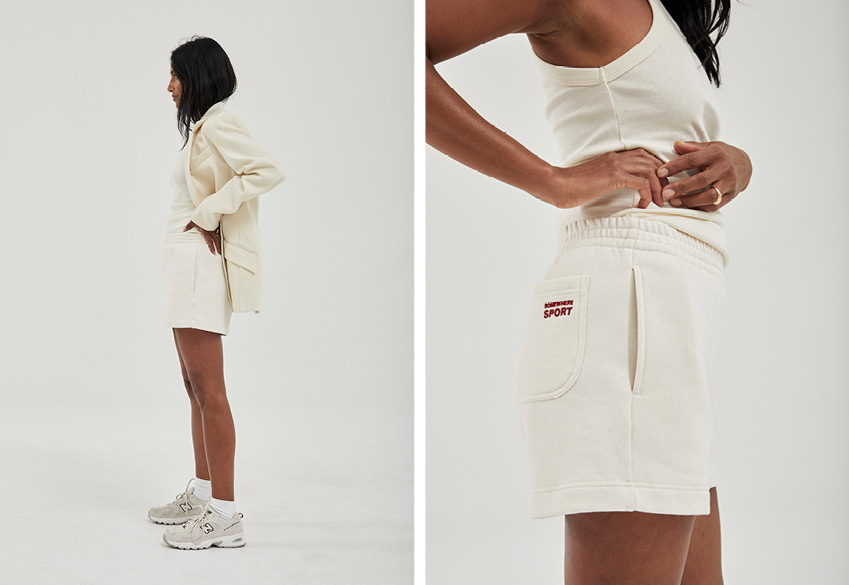

From now on, just five per cent of the brand’s pieces will comprise what might traditionally be considered “mainline” fashion (rather than 80 per cent); the rest will be “evergreen essentials” like organic t-shirts and her latest offering, organic sportswear.
The goal is to become a completely ‘circular’ fashion brand, where pieces are made to last. When they do require repair, Maggie Marilyn will provide the service for free, and when clothing eventually comes to the end of its life, the designer will recycle or compost it. “We really want to own the responsibility of each garment that we put out into the world, and ensure that no Maggie Marilyn garment ends up in landfill.”
In an industry where most designers would practically sacrifice a limb to secure a lucrative deal with a major department store, the significance of Hewitt stepping away from 60+ retailer contracts cannot be understated. After all, how often does a designer – let alone a 26 year old from New Zealand – tell the likes of Net-A-Porter: ‘Thanks, but no thanks’?
It’s a decision that Hewitt didn’t make lightly. “It took me a long time, probably 18 months, to build up the courage to be like, ‘We can do it on our own. It will be ok.’”
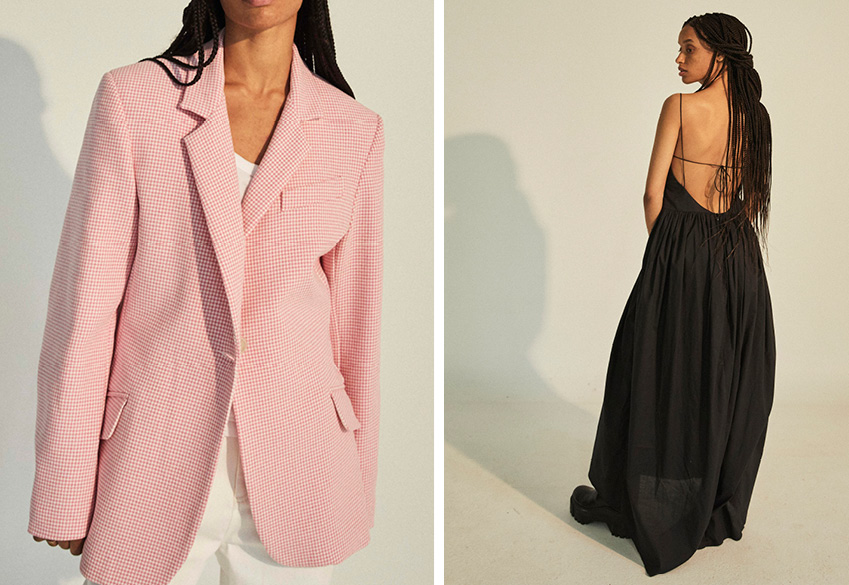

Sustainability wasn’t always so important to Hewitt. As a teenager, growing up in the tiny coastal town of Kerikeri, in New Zealand’s far north, Hewitt harboured more conventional notions of success. “I was always a big dreamer,” she says, explaining that, as a dyslexic teenager who didn’t enjoy school, she would lose herself in fashion magazines and daydream about being a designer. “I just dreamed of having a global brand and being stocked by the likes of Bergdorf Goodman. To be quite honest, sustainability wasn’t on my radar.”
It was at design school that she first learnt about the fashion world’s impact on the environment – the industry produces 10 per cent of the world’s carbon emissions and generates 2.2m tonnes of waste every year in Australia alone – and it was then that her definition of success tilted towards something more profound.
In the intervening years, Hewitt has carved out her own distinctive brand of “liveable luxury” – from romantic silk dresses to whimsical ruffled blazers and elevated cotton essentials – loved by fashion editors and celebrities (Michelle Obama is a fan).
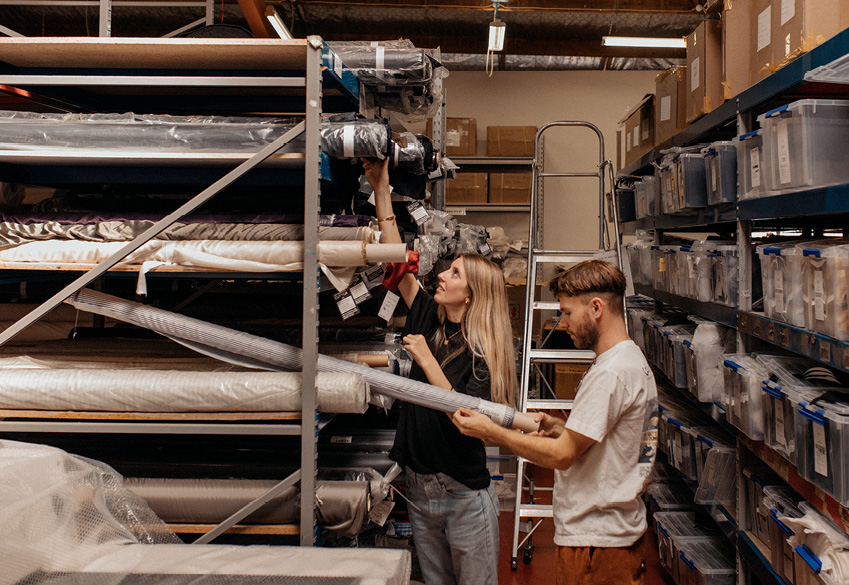

But the way she tells it, her success is all down to hard work rather than inherent talent. “I wasn’t the best at design school,” she insists. “I wasn’t necessarily the most creative designer. But I would say my work ethic was probably unmatched. I’m kind of relentless in that way I guess.”
That relentlessness stood her in good stead 18 months ago, when the pressure of the business began to overwhelm her. “It really frustrates me that the brand is painted in the way that everything has been so charmed,” she says. “There have been some really tough moments, where [I’ve thought] ‘Do I keep going?’”
Several wholesale partners “almost broke me and almost broke the business,” she reveals. “I’m not going to say who those people were. I think there’s a time and place, maybe, where I’ll want to tell that side of the story. But there were moments where I was on the ground in a foetal position, absolutely in turmoil.”
It was during COVID-19 lockdown that Hewitt, who has spoken on social media about her anxiety, found the space to assess her priorities. She retreated to her parents’ place and realised it was “now or never”. She is adamant that COVID-19 – which opened up a fissure between many brands and their wholesale partners – wasn’t the reason she changed course.
“I think the industry makes you believe that if you’re not stocked on Net-A-Porter then you’re not successful. And that’s just not true. I look to brands like AllBirds or Patagonia, and those are brands that I really admire and are completely laden with intention.”
I think the industry makes you believe that if you’re not stocked on Net-A-Porter then you’re not successful. And that’s just not true.
It’s those type of fashion businesses – at the vanguard of sustainability – that Hewitt aspires to emulate. It’s clear that she has thought long and hard about fashion and its place in the world.
“Not many customers realise that fashion is not kind in any way,” she says at one point during our interview. “It’s kind, maybe, to the customer – but maybe not because it tells the customer that they’re not good enough, and that they need a dress every season, and that if they buy this new dress maybe they’ll feel good enough….
“It’s definitely not the industry I thought it was,” she adds. “And I think that ever since I’ve gotten into it, I’ve been trying to figure out how we can change the rules of the game and make it fairer for everyone.”
It’s a big task; but if anyone can do it, Hewitt can.




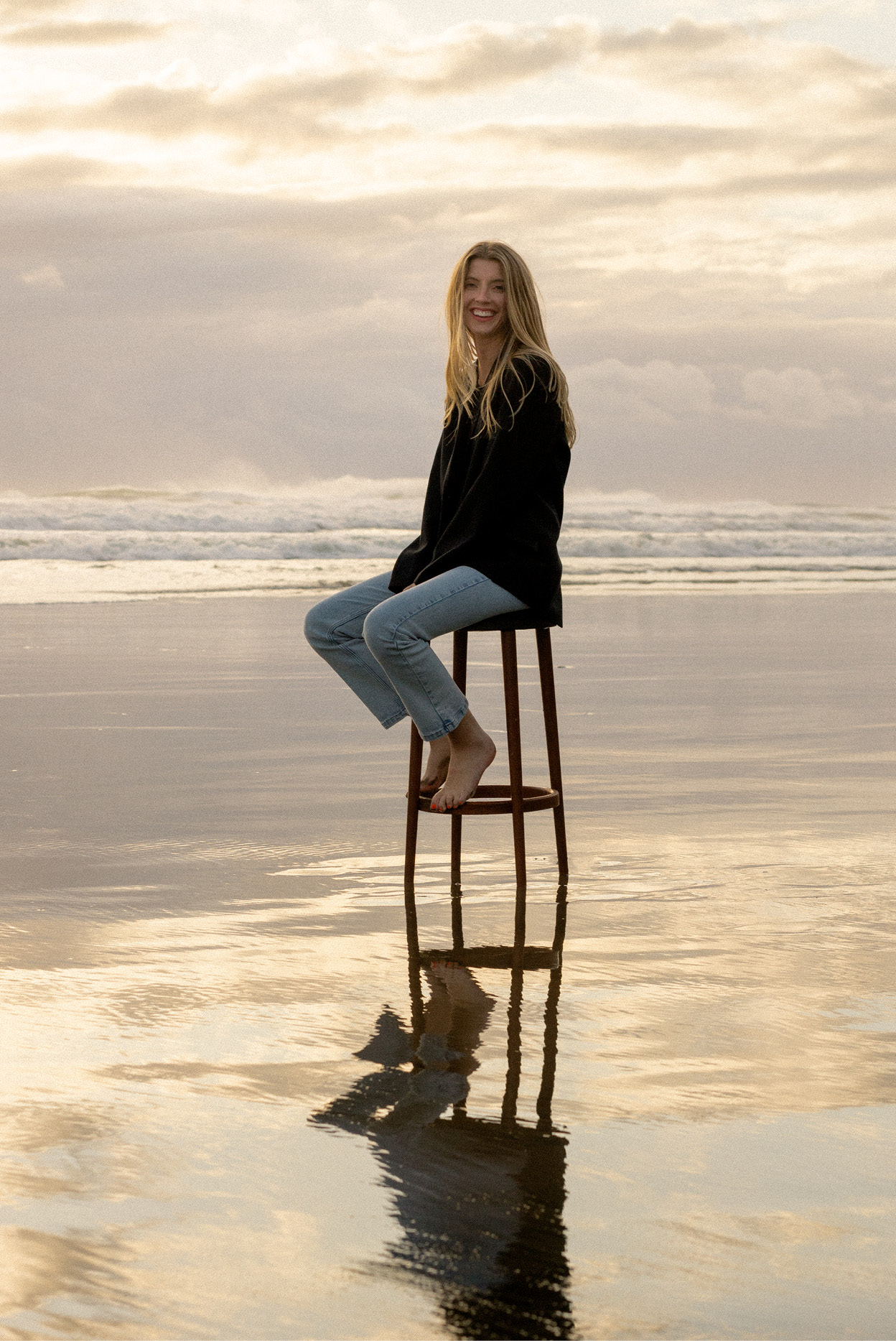
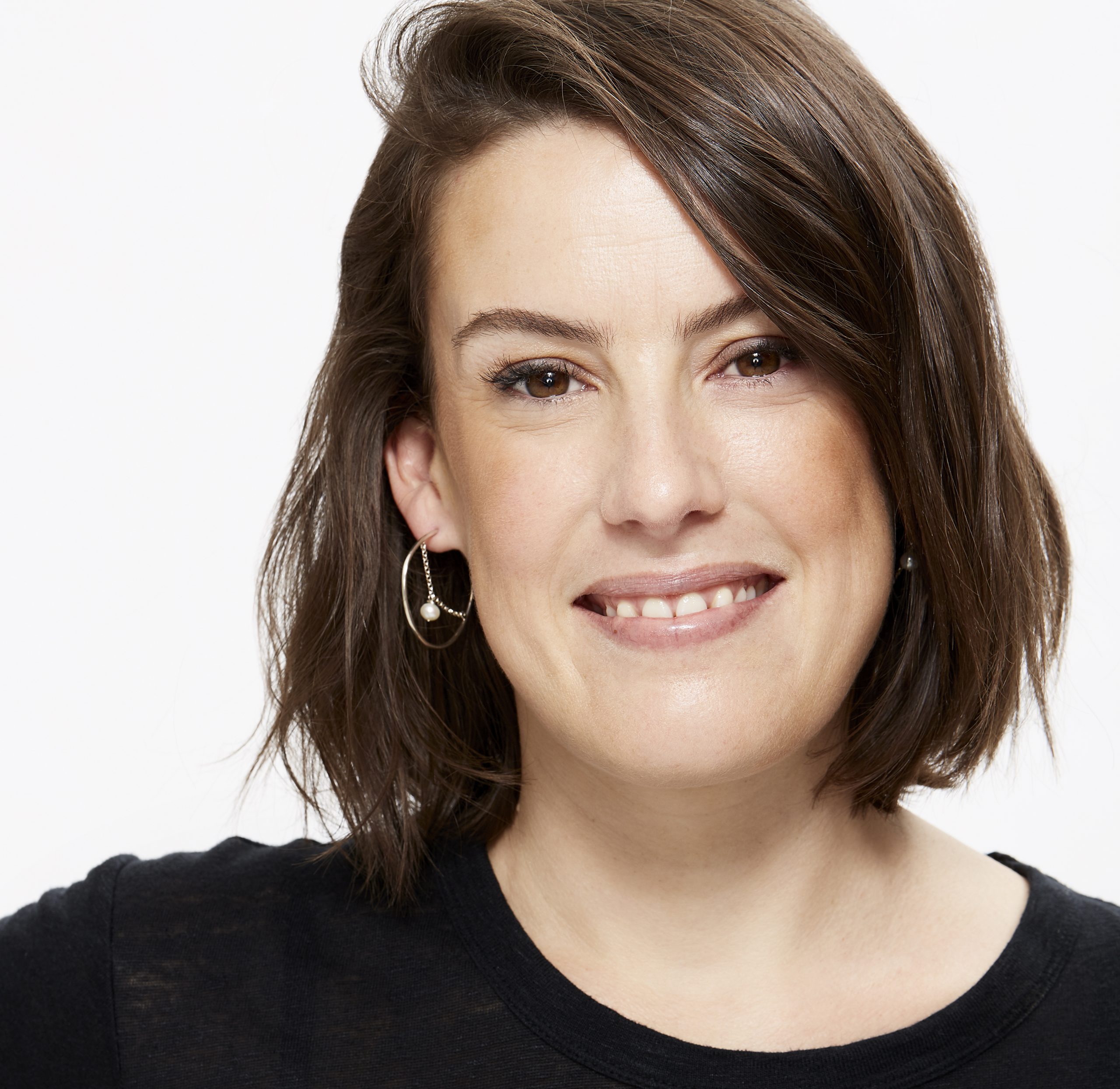

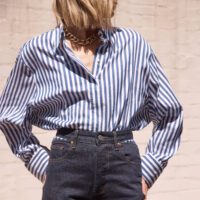
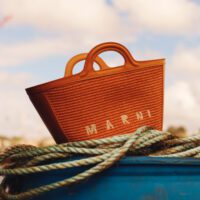
1 Comment